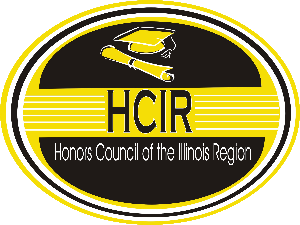Event Title
Respiratory Muscle Resistance Training
Location
HSC 2322
Start Date
28-2-2015 9:00 AM
Description
Respiratory muscle resistance training (RMRT) is the practice of breathing through a respiratory mouth-device designed to restrict airflow to the user, increase airway resistance and, subsequently increase the work necessary for the respiratory muscles to inspire and expire. During periods of exercise, there is an elevation in blood lactate levels as well as H+, which increases blood acidity, which during exercise are widely known to result in exercise fatigue. This elevated acidity is compensated by increasing ventilation, which leads to increased expiration and removal of carbon dioxide (CO2) from the body, subsequently lowering the acidity of the blood during exercise. It was believed that healthy college students that undergo four weeks of RMRT exercise will have improve ventilation that will subsequently lead to an improvement in the acid/base balance in the blood. The students were test weekly for 4-6 weeks by taking their blood lactate levels before and after a workout on a cycle ergometer, with the experimental group using an Expand-a-Lung RMRT device 5 times a week. Results showed some improvement in ventilation in the experimental group, but further research is needed for significant data.
Respiratory Muscle Resistance Training
HSC 2322
Respiratory muscle resistance training (RMRT) is the practice of breathing through a respiratory mouth-device designed to restrict airflow to the user, increase airway resistance and, subsequently increase the work necessary for the respiratory muscles to inspire and expire. During periods of exercise, there is an elevation in blood lactate levels as well as H+, which increases blood acidity, which during exercise are widely known to result in exercise fatigue. This elevated acidity is compensated by increasing ventilation, which leads to increased expiration and removal of carbon dioxide (CO2) from the body, subsequently lowering the acidity of the blood during exercise. It was believed that healthy college students that undergo four weeks of RMRT exercise will have improve ventilation that will subsequently lead to an improvement in the acid/base balance in the blood. The students were test weekly for 4-6 weeks by taking their blood lactate levels before and after a workout on a cycle ergometer, with the experimental group using an Expand-a-Lung RMRT device 5 times a week. Results showed some improvement in ventilation in the experimental group, but further research is needed for significant data.


